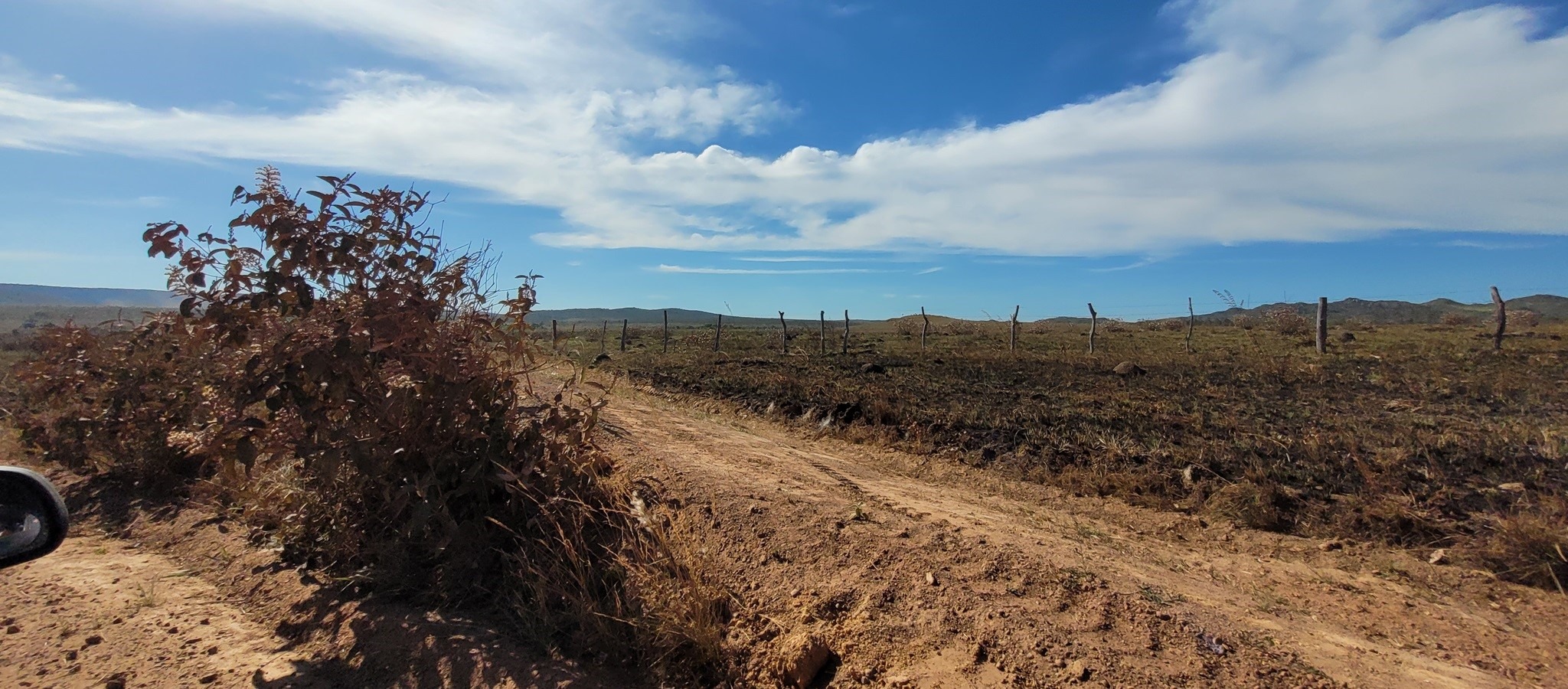
REPORTS

Quilombola Youth in Latin America: Confronting Inequality, Building Futures
Quilombola youth across Latin America, particularly in Brazil, continue to face structural challenges in education, employment, and access to justice ...
BRAZIL
THROUGH
CDWD LENSE
REPORT
DATA
INFOGRAPHIC
DISCUSSIONS
RECENT ACTIVITIES
NEWSLETTER
SUBMISSIONS
EVENTS
Courtesy Rights Expert Brazil
Quilombola are runaway African slaves who settled down with Portuguese, Brazilian aboriginals, Arabs and Jews in Brazil. Being federally-recognised descendants, there are estimated 4,000 Quilombola descendant communities in Brazil.
In the 18th century, with the growth in sugar plantations, there was an increase in slave trade. When they escaped, they organised themselves in distant farms and developed their communities called Quilombolas. They have grown throughout Brazil, but the first Quilombola that was established is known as Palmares in Northeastern Brazil.
Even after decades of settling down, they are discriminated verbally as slaves. Even the end of slavery did not solve the issue of social exclusion of former slaves. They are still discriminated in terms of income, access to land, education and employment. In public services, including jobs, they are often discriminated and attacked because of their skin color and descent.
The Brazilian government has given them rights that are similar to Brazilian aboriginals. However, the marginalisation of blacks is still reflected in Brazilian society. The struggle for equal rights was achieved to some extent in the 1988 Constitution, which extends equal rights and protections to all. Apart from this, the “Brazil Quilombola Program” gave land titles to the Quilombolas that allowed them to remain on the land they live on.
Even with access to land, they often do not have access to water, health and even education. There also remain cases where in the Quilombos have been pushed out of their own cultural land, putting them in a vulnerable position. Unemployment remains a serious concern among the Quilombos, with a majority living below the poverty line. Quilombo still needs to be integrated with mainstream society.


